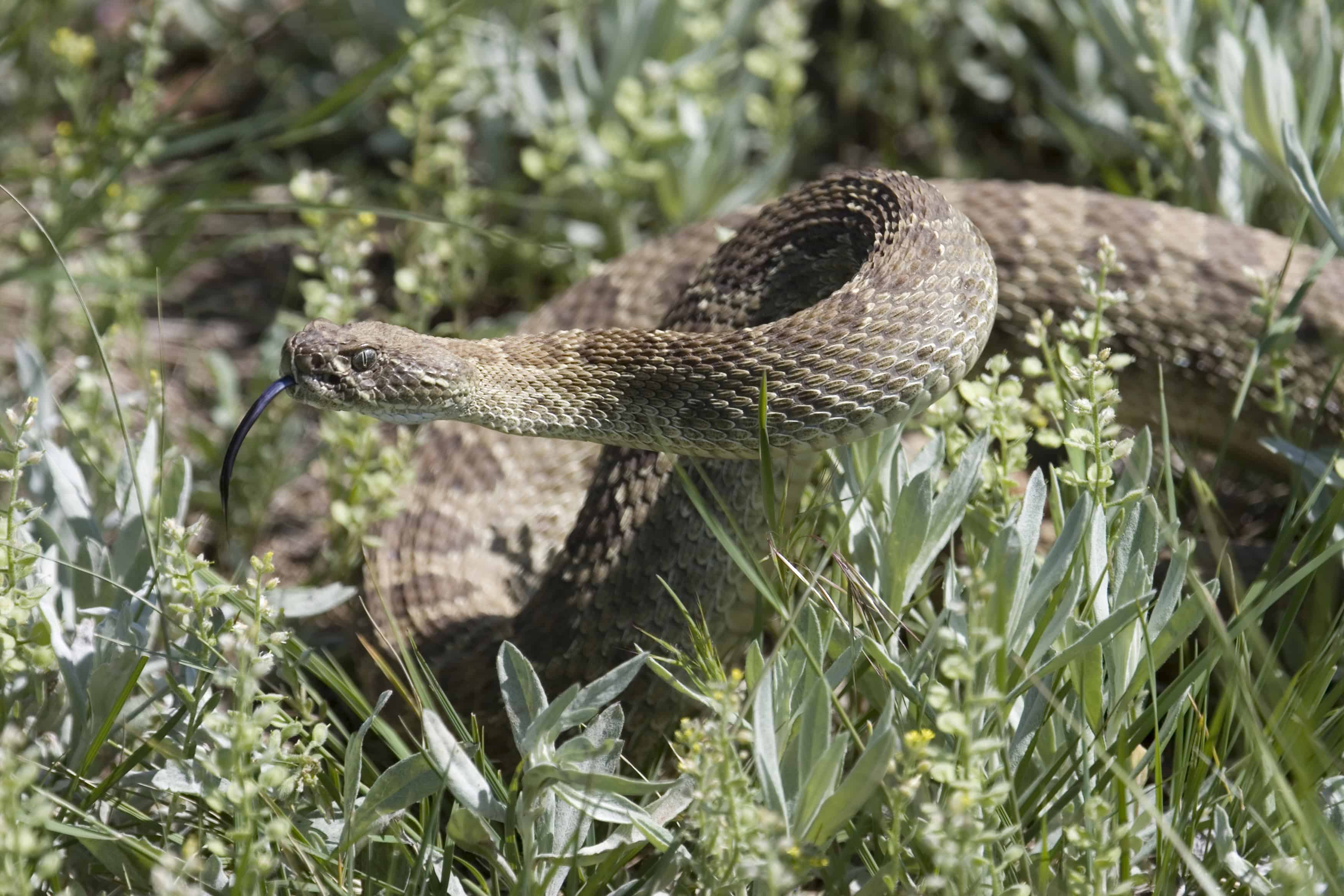What You Need to Know About the Rattlesnake Vaccination for Dogs
 If you live in here in California, you probably know a little bit about rattlesnakes. The bite of one of these venomous snakes can pack a big punch. In fact, rattlesnake venom can be fatal for people and pets alike.
If you live in here in California, you probably know a little bit about rattlesnakes. The bite of one of these venomous snakes can pack a big punch. In fact, rattlesnake venom can be fatal for people and pets alike.
Even if you practice good rattlesnake safety, pets can still happen upon these dangerous animals, and bites do happen. That is why the rattlesnake vaccination for dogs is so important in this neck of the woods.
About the Rattlesnake Vaccination for Dogs
Many vaccinations are recommended for pets, but not all pets need every vaccine. Some vaccinations, such rabies, are considered core and advisable for almost all animals. Others are risk-based vaccines that are only administered in certain situations. The rattlesnake vaccine falls into the second category. Pets who may be considered for the vaccine include dogs:
- Four months of age or older
- Who are likely to be exposed to rattlesnakes at home
- Who frequently go hiking, camping, or hunting
The rattlesnake vaccination stimulates the pet’s immune system to create antibodies against rattlesnake venom. If the dog is, at some point, injected with the venom, his or her body is better protected against the poison’s effects, giving you a longer timeframe to seek treatment.
Typically a pet will receive two vaccines about 4 weeks apart when being initially vaccinated. In a climate such as Northern California, the vaccine only needs to be administered once yearly thereafter, ideally about a month before snake season ensues. If a pet spends time in areas where rattlesnakes are active year round, the vaccine needs to be administered every six months in order to maintain good immunity.
Why Vaccinated Pets Still Need Veterinary Attention
Contrary to popular belief, though, dogs who have been vaccinated against rattlesnake venom still need urgent treatment if they are bitten.
The vaccine is derived from the venom of the Western Diamondback rattlesnake, making it less effective against other varieties of rattlesnake poisoning. Also, it is not a vaccine that renders complete immunity for any pet. Rather, it helps the dog’s body to fight off the effects of the venom, making the reaction somewhat less severe in vaccinated pets.
If your pet should be bitten by a snake, it is important that he or she receive emergency veterinary attention as soon as possible, vaccinated or not. The more quickly treatment is started, the more effective it is. Vaccination may help your odds somewhat, however proper medical care, including the administration of antivenin, is the key to helping a dog survive a rattlesnake bite.
Unfortunately, if you live in California, you live with snakes. Being sure to practice good rattlesnake safety techniques is extremely important. If you have an at risk pet, please feel free to discuss rattlesnake vaccination for dogs with your pet professionals at Rocklin Ranch Veterinary Hospital. We are always happy to help.

